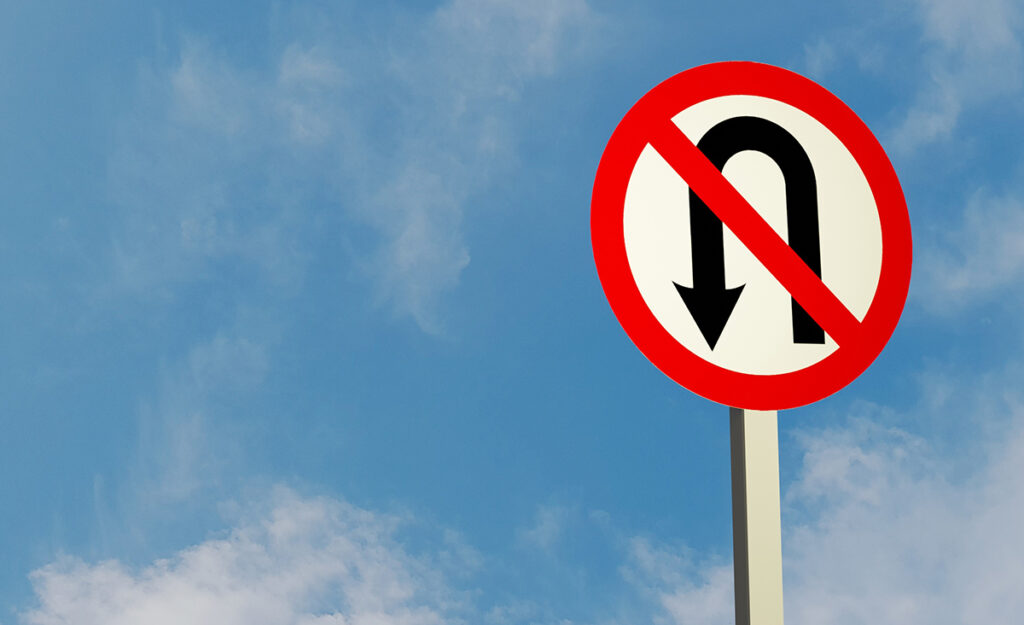Leading global automaker and provider of innovative mobility solutions Stellantis, which has a market capitalisation of over 60 billion euros, has decided to revert to its former brand organisation (in French). This is a fine example of a courageous act that embodies the four manifestations of courage that Jeremy Lamri and I describe in detail in Oser le courage – Une valeur nécessaire à la survie des organisations (Daring to be Courageous – A Value Necessary for the Survival of Organisations):
- Oppose, denounce, alert: Employees had the courage to denounce the pitfalls of the new organisation, even though it was supported by top management. The main criticism levelled at the new organisation is that it had adopted a multi-brand approach (not easy with 14 brands in the portfolio!) to rationalise the sales and marketing of the network, overlooking the importance for the network of working with area managers who understand the uniqueness of each brand.
- Stop and give up: The decision-makers had the courage to admit their mistake by abandoning this new organisation less than a year after its launch. Correcting the course was possible because the health of the company – seeking appeasement with the networks – was prioritised over ego – being right. It is quite rare in the history of companies to reverse a decision of this magnitude so quickly, and in particular when it is not under the pressure of the shareholder but of the network.
- Assume responsibility for a controversial decision: The decision is made public and the error perfectly acknowledged, whereas most organisations would have covered it up. Admittedly, the journalists who reported on this were scoffing, pointing out that organisational changes in this group are sometimes hard to follow, but the markets reacted rather well, as Thomas Cagnard, CEO of Elior France, pointed out: “Daring to be brave seems to have met with the market’s approval, with Stellantis’ Intraday share price at its highest level for 10 years today (€20.36 and around +14% in the last month), where Renault is still trading at almost three times less than in 2015 and 2018. It’s a great success story of alignment between the teams on the ground, top management and the stock market, which often forces the latter to say ‘ everything’s hunky-dory’,” he commented.
- Follow and encourage: We hope that this act of courage will be valued, particularly by analysts. The mocking title of the article does not support this view, which highlights the importance of providing massive training in recognising courageous acts within companies.
We are at the dawn of a paradigm shift in which organisations have a major role to play, provided they rehabilitate courage and turn it into a vital force that, like a compass, guides them towards a fairer and more enlightened future
Courage is the quality that enables individuals and organisations to transcend their fears and act responsibly, in accordance with their values and in opposition to conformism and vested interests. For too long the preserve of fictional ‘heroes’, it has become a rare commodity within organisations.
In our book, we defend the idea that we are at the dawn of a paradigm shift in which organisations have a major role to play, provided they rehabilitate courage and turn it into a vital force that, like a compass, guides them towards a fairer and more enlightened future.
This article is based on a LinkedIn post (in French) and a comment it generated.
This post gives the views of its author, not the position of ESCP Business School.
